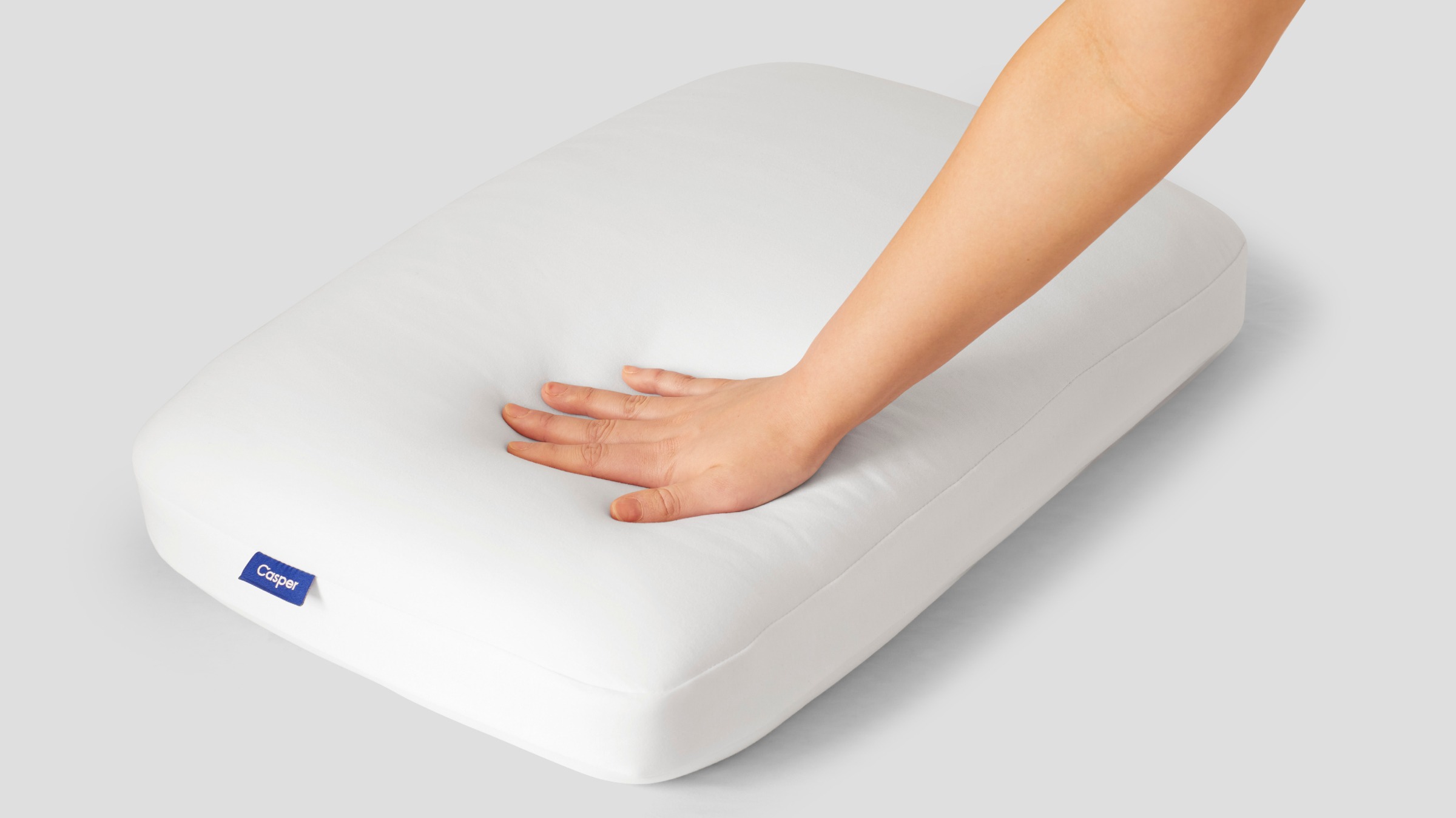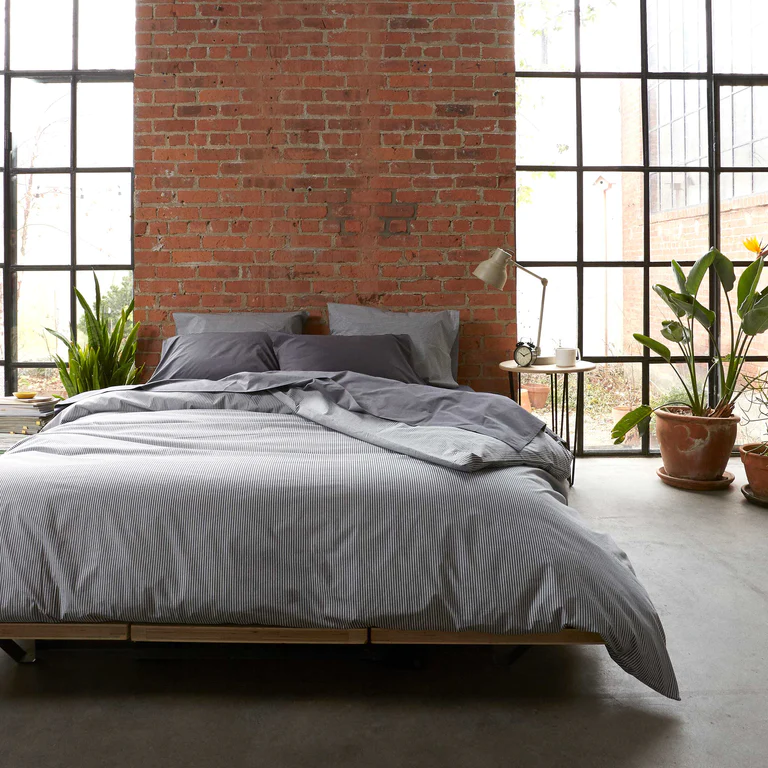3 Best Selling Hypoallergenic Bedding on the Market
Are you struggling with allergies or just aiming for a healthier sleep environment? Let’s dive into the world of hypoallergenic bedding, a must-have for anyone seeking a restful and sneeze-free night. Today, I’m excited to share with you the top three best-selling hypoallergenic bedding products on the market: the Casper Sleep Pillow, Brooklinen Classic Luxe Sateen Sheet Set, and Saatva Loomed Egyptian Cotton Sheets.
What is Hypoallergenic Bedding?
Understanding hypoallergenic bedding is key to appreciating its benefits. “Hypoallergenic” refers to products less likely to cause allergic reactions. This type of bedding is specifically designed to minimize the presence of allergens such as dust mites, pet dander, and pollen, which are common triggers for allergy sufferers.
- Allergen Resistance: Hypoallergenic bedding is crafted using materials that naturally resist common allergens. Unlike standard bedding, which can easily become a breeding ground for dust mites and mold, hypoallergenic options are less hospitable to these irritants. This feature is particularly beneficial for those with allergies, asthma, or eczema, as it can significantly reduce nighttime symptoms.
- Material Choices: The materials used in hypoallergenic bedding vary but often include natural fibers like bamboo, silk, and organic cotton. These materials are not only resistant to allergens but also tend to be more breathable and gentle on the skin. Some hypoallergenic bedding is made from synthetic materials like microfiber, which is tightly woven to prevent allergen penetration.
- Moisture and Temperature Regulation: Many hypoallergenic bedding options are designed to regulate moisture and temperature. Natural fibers like cotton and bamboo are highly breathable, allowing air to circulate and reducing the humidity that dust mites and mold spores need to thrive. This creates a cooler and more comfortable sleep environment, especially beneficial for those living in warmer climates or who tend to sleep hot.
- Chemical Sensitivities: For those with chemical sensitivities, hypoallergenic bedding often comes with the added benefit of being free from harsh chemicals and dyes. Many are produced using natural, non-toxic processes, making them safer for sensitive skin.
- Durability and Maintenance: Hypoallergenic bedding is not only beneficial for health reasons but also tends to be more durable and easier to maintain. Many options are machine washable and retain their hypoallergenic properties even after multiple washes. This ease of maintenance ensures that the bedding remains a healthy, allergen-free haven over time.
- Sleep Quality Improvement: By reducing exposure to allergens, hypoallergenic bedding can significantly improve sleep quality. Allergy sufferers often experience disrupted sleep due to symptoms like sneezing, coughing, and itching. Hypoallergenic bedding can help alleviate these symptoms, leading to a more restful and uninterrupted sleep.
Hypoallergenic bedding is an excellent choice for anyone looking to create a healthier, more comfortable sleep environment. Its allergen-resistant properties, combined with moisture and temperature regulation, make it suitable for a wide range of sleepers, particularly those with allergies, asthma, or sensitive skin.

1st Casper Sleep Pillow
First up, the Casper Sleep Pillow. This pillow stands out for its innovative design. The pillow-in-pillow concept is particularly appealing for those who struggle to find the right balance of support and softness. Its microfiber fill provides the plushness of down without the allergens, making it a great choice for allergy sufferers. The 100% cotton cover ensures breathability, which is crucial for a comfortable sleep. However, some may find the pillow’s unique structure a bit different from traditional pillows, which might take some getting used to.
2nd Brooklinen Classic Luxe Sateen Sheet Set
Next, let’s talk about the Brooklinen Classic Luxe Sateen Sheet Set. Brooklinen’s sheets are the epitome of luxury. The sateen weave not only gives a lustrous sheen but also creates a smooth surface that’s gentle on the skin. These sheets are made from 100% long-staple cotton, renowned for its durability and softness. They are an excellent option for those who love the feel of silky sheets and are looking for long-lasting bedding. On the flip side, sateen can be slightly less breathable compared to other weaves, which might not be ideal for hot sleepers.
3rd Saatva Loomed Egyptian Cotton Sheets
Finally, we have the Saatva Loomed Egyptian Cotton Sheets. Saatva’s offering is all about the quality of the cotton. Egyptian cotton is known for its long fibers, which make the sheets exceptionally soft and durable. These sheets are a fantastic choice for those who prioritize softness and hypoallergenic properties in their bedding. They tend to get softer with each wash, enhancing the sleeping experience over time. However, Egyptian cotton sheets can be on the pricier side, which might be a consideration for budget-conscious shoppers.
Comparison of the Top 3 Hypoallergenic Beddings
Comparing these three, it’s evident that each brings something special to the table. The Casper Pillow is ideal for diverse sleeping styles, Brooklinen Sheets add a touch of elegance to your bedroom, and Saatva’s Egyptian Cotton Sheets offer unparalleled softness and quality.

Buying Guide for Hypoallergenic Bedding
When venturing into the world of hypoallergenic bedding, it’s crucial to know what to look for to ensure you’re getting the best product for your needs. Here’s a detailed guide to help you make an informed decision:
- Material Quality: The first thing to consider is the material. Hypoallergenic bedding can be made from a variety of materials, each with its own benefits. Look for natural fibers like cotton or bamboo, which are breathable and less likely to irritate sensitive skin. Synthetic materials like microfiber are also a good option as they are resistant to allergens and easy to clean.
- Weave Type: The weave of the fabric can impact both its feel and its ability to block allergens. A tighter weave, like that found in sateen or percale sheets, can more effectively prevent allergens from penetrating the fabric. However, the choice between sateen (silky and smooth) and percale (crisp and cool) will largely depend on personal preference.
- Breathability: This is an important factor, especially for those who tend to sleep hot. Breathable materials like cotton allow air to circulate, which helps regulate body temperature and provides a more comfortable sleep.
- Ease of Cleaning: Hypoallergenic bedding should be easy to clean, as regular washing is essential to remove allergens. Look for machine-washable options and consider the care instructions – some materials may require specific washing conditions to maintain their hypoallergenic properties.
- Durability: Investing in durable bedding means it will maintain its hypoallergenic properties over time. Check for quality construction, like strong stitching and high-quality fibers, to ensure your bedding will withstand regular use and washing.
- Certifications: Look for certifications like OEKO-TEX or CertiPUR-US, which indicate that the product has been tested and certified to be free from harmful substances and allergens. This can provide an extra layer of assurance about the hypoallergenic quality of the bedding.
- Brand Reputation and Reviews: Research the brands and read customer reviews. Feedback from other users can provide valuable insights into the real-world performance of the bedding, its comfort, and its durability.
By keeping these points in mind, you can navigate the options and find hypoallergenic bedding that not only suits your needs but also enhances your sleeping experience.




